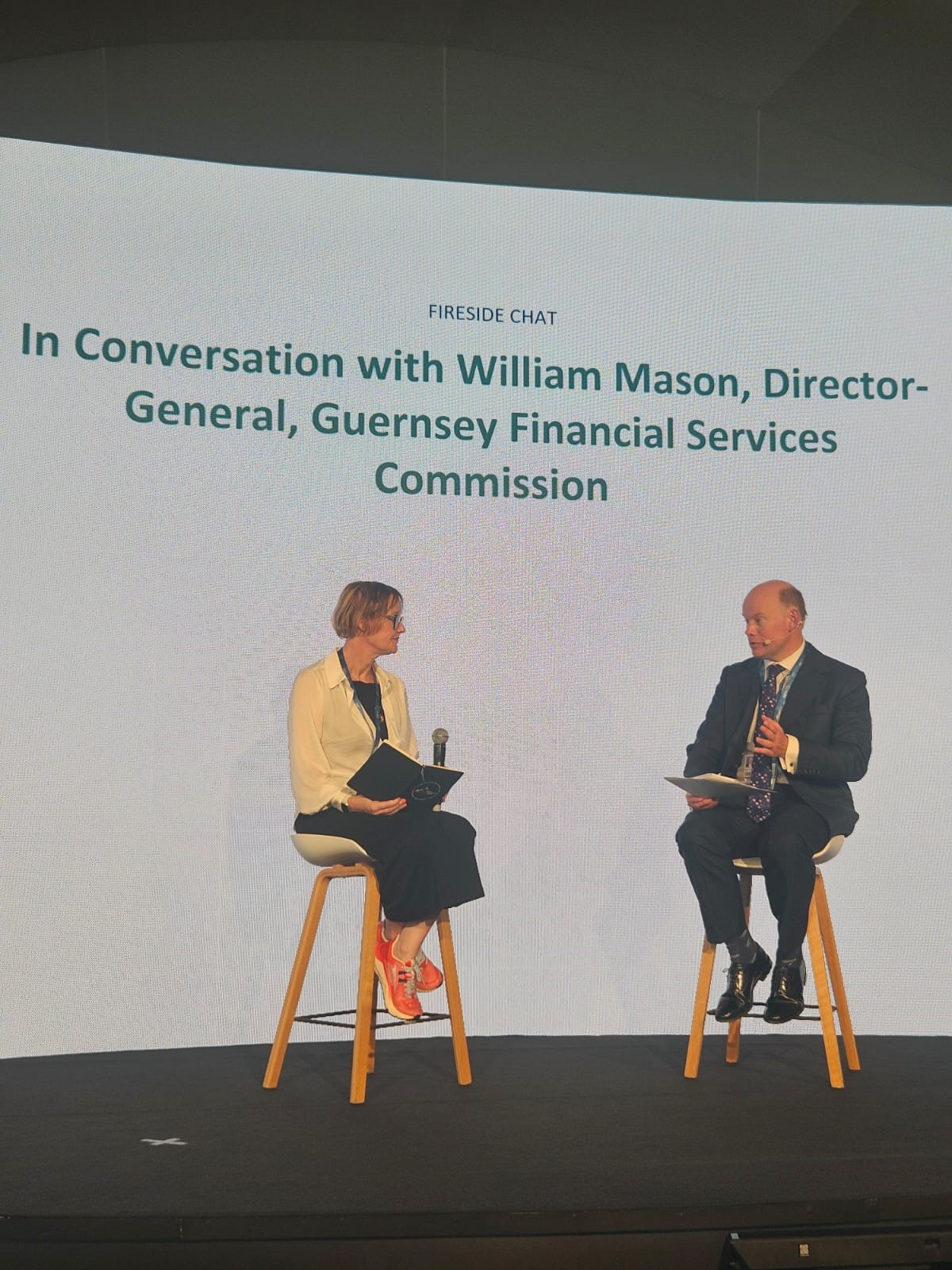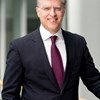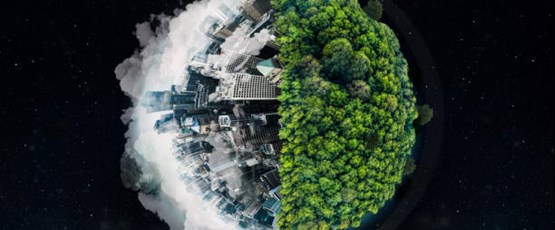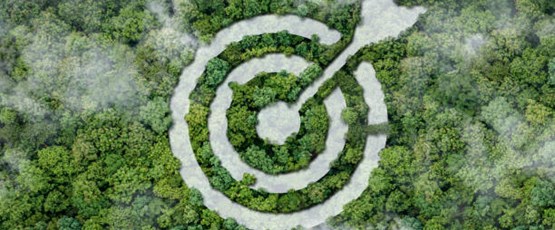Jurisdictions
- Bermuda
- Guernsey
- Bahamas
- Barbados
- Seychelles
- Liechtenstein
- Singapore
- British Virgin Islands
- Hong Kong
- Luxembourg
- Antigua
- Switzerland
- Cayman Islands
- Nevis
- New Zealand
- Belize
- Netherlands
- Ireland
- United Kingdom
- United Arab Emirates
- Mauritius
- Jersey
- Labuan
- Rwanda
- Gibraltar
- Marshall Islands
- Samoa
- Panama
- St Vincent & The Grenadines
- Austria
- Madeira
Industry Sectors
- Hedge Funds and Alternative Investments
- Citizenship and Residency
- International Tax Planning
- Islamic Finance
- Fintech
- Insurance/Reinsurance
- Investment Funds
- Trusts And Foundations
- Private Banking
- Wealth Management
- Philanthropy
- Offshore Securities Markets
- Sustainable Finance
- Family Offices
- Arbitration
- Regulation and Policy
- Comment
- Big Debate
- In the Chair
- Global Regulation & Policy
- Features
- Sector Research
- Jurisdictions
- British Virgin Islands
- Cayman Islands
- Belize
- Bahamas
- Guernsey
- Switzerland
- Bermuda
- Barbados
- Singapore
- Hong Kong
- Luxembourg
- Labuan
- Jersey
- United Arab Emirates
- Ireland
- New Zealand
- Netherlands
- Liechtenstein
- Mauritius
- Antigua
- Rwanda
- Austria
- Seychelles
- Anguilla
- Samoa
- Marshall Islands
- Gibraltar
- Nevis
- United Kingdom
- North America
- Canada
- Asia
- Africa
- Latin America
- Australasia
- Europe
- Industry Sectors
- Hedge Funds and Alternative Investments
- Citizenship and Residency
- International Tax Planning
- Islamic Finance
- Fintech
- Insurance/Reinsurance
- Investment Funds
- Trusts And Foundations
- Private Banking
- Wealth Management
- Philanthropy
- Offshore Securities Markets
- Sustainable Finance
- Family Offices
- Arbitration
- Regulation and Policy
18/01/24
From Features
Sustainable Finance

As the global call for sustainable practices resonates louder than ever, our feature illuminates the dynamic landscape of sustainable finance and Environmental, Social, and Governance (ESG) considerations. Through a series of insightful articles, we delve into the critical discussions and perspectives that define this transformative era in financial services, from key industry representatives navigating the way to a greener and more responsible financial future.
Sustainable Finance
Environment Society and Governance (ESG) On The Level

L. Burke Files DDP CACM
President, Financial Examinations & Evaluations, Inc
My evolution of thought on ESG has gone from “oh, that is sweet but misguided,” to “looks like virtue signaling at the expense of the shareholders” to “ESG is unwise, and over time, dangerous.” ESG emerged from Socially Responsible Investing (SRI), where money is not invested in companies that engage in environmentally and socially irresponsible practices. The first instance of SRI dates back 200 years, when the Methodists chose not to invest in companies making weapons and tobacco. The difference between SRI and ESG lies in the presumption that ESG-based investing is also considered to make financial sense. [1]
Kofi Annan, former Secretary General of the UN, is the father of ESG. Most investors are unaware that Kofi Annan’s idealism has created a paradoxical scenario for all corporations. In 2004, he wrote to over 50 CEOs of major financial institutions, inviting them to participate in a joint initiative under the auspices of the UN Global Compact and with the support of the International Finance Corporation (IFC) and the Swiss Government. The initiative aimed to find ways to integrate ESG into capital markets, and the 50 CEOs enthusiastically wrote back and agreed. Heck, after all, it was Kofi Annan writing to them. The ESG models became part of the UN’s 17 points on Sustainable Development. [2]
ESG is a poorly formulated concept. According to the UN “there are over 600 ways to assess corporate ESG activity, but there are no globally accepted standardised corporate disclosure requirements.” [3] In all aspects, ESG has devolved into an opinion market of inchoate wants, ideals, and signaling.…
Sustainable Finance
Regulatory Approaches To Sustainable Finance: A View From Guernsey’s Regulator
At COP28, William Mason, Director General of the Guernsey Financial Services Commission, discussed t…

Spotlight on the British Virgin Islands
Sustainable Finance
Trusted Intermediaries Can Channel Concessional Finance For LMIC Green Development

Dr Marcello Estevão
World Bank Group

Nils Burkhard Zimmermann
The World Bank, Washington DC
Due to forex and country risks [1], low and middle-income (LMIC) sovereigns and infrastructure businesses often must pay prohibitively high interest rates on loans or bonds. As a result [2], the quantity of sustainable infrastructure built in LMICs is far less than is needed to meet the Sustainable Development Goals (SDGs). A UN report [3] estimates the investment gap at $4 trillion a year. To put this in perspective, the World Bank in 2022 made $70.8 billion available to developing countries in the form of credits, loans, and grants. Efforts are underway to expand the World Bank’s annual lending significantly [4], but its capacity will remain an order of magnitude below total LMIC requirements. What is needed are mechanisms to de-risk private institutional investments in LMICs so that investors’ reluctance to invest in developing countries can be overcome.
Affordable and abundant energy is the basis for every modern economy. Full electrification is a necessary condition for a thriving economy [5] to achieve prosperity and a stable currency (although as the example of Argentina [6] demonstrates, it is not by itself a sufficient basis). It is a remarkable fact that several hundred million people in sub-Saharan Africa continue to live without regular access to electricity [7], despite the fact that global renewable electricity equipment supply chains could readily be ramped up to provide the necessary equipment. In engineering terms, if financial and regulatory risks and constraints could be swept aside, globally ubiquitous low-cost clean energy superabundance [8] could be within reach.
We are not on track to meet either SDG7 [9] (access to affordable clean, modern energy for everyone) or SDG13 [10] (climate stabilization). Climate stability is a global commons good [11] that cannot be achieved without shifting developing countries to non-…
Kenya’s Carbon Markets: The Goose That Lays The Golden Egg?
At COP 27, Kenya’s President His Excellency Hon William Ruto predicted that Kenya’s next significant…





